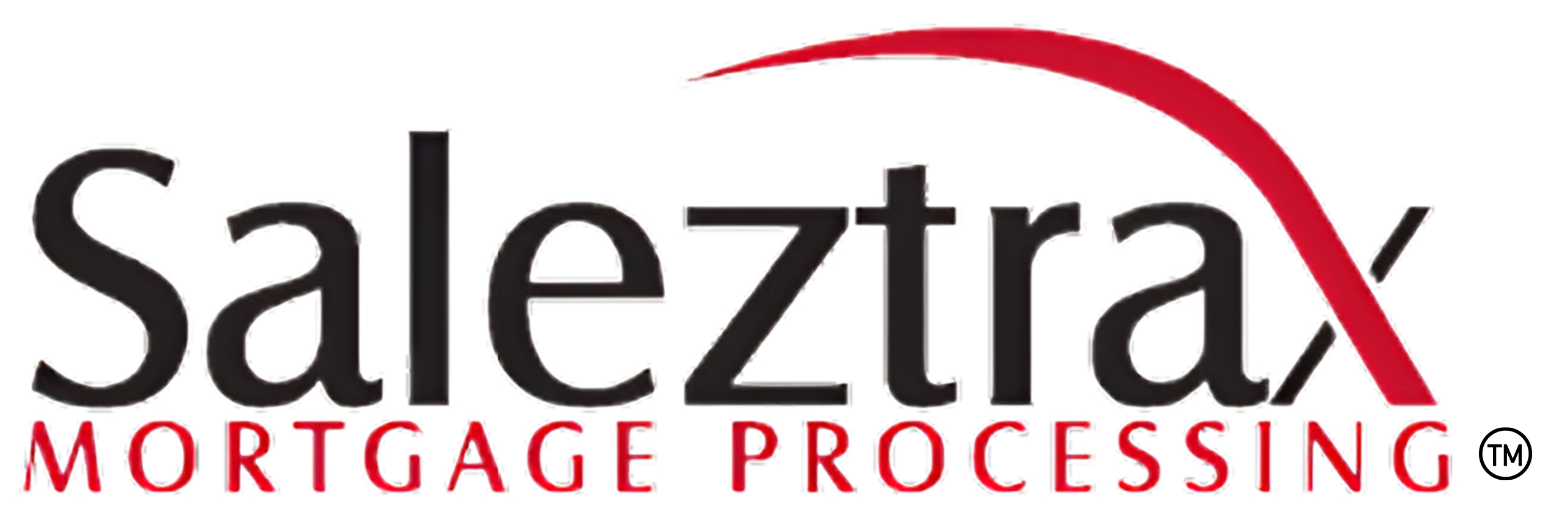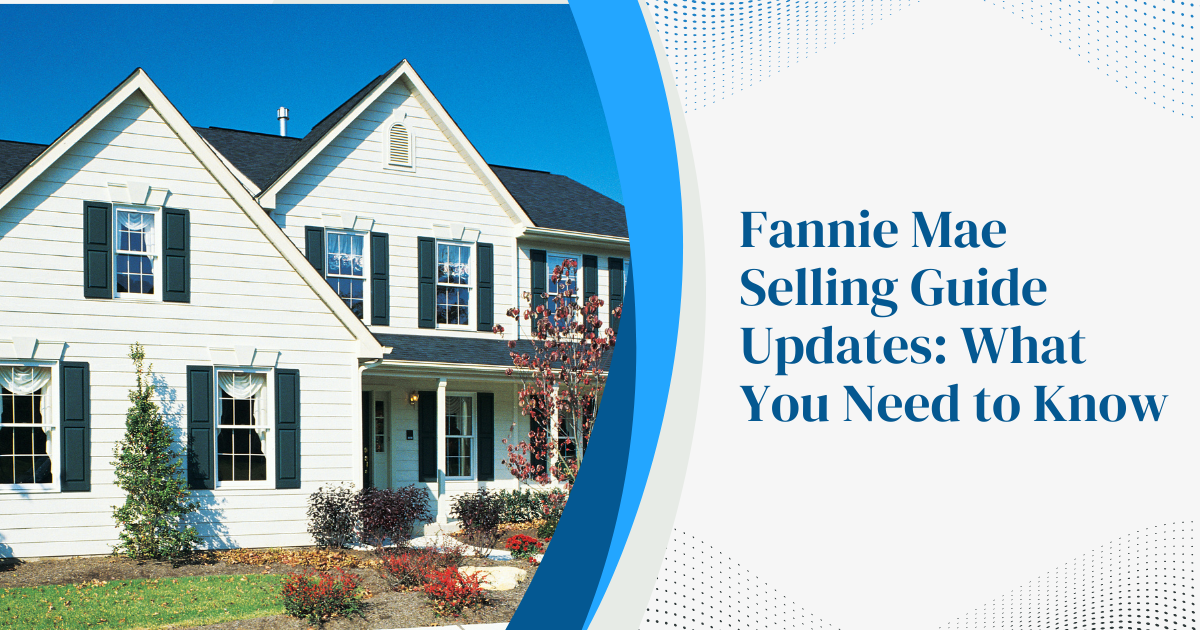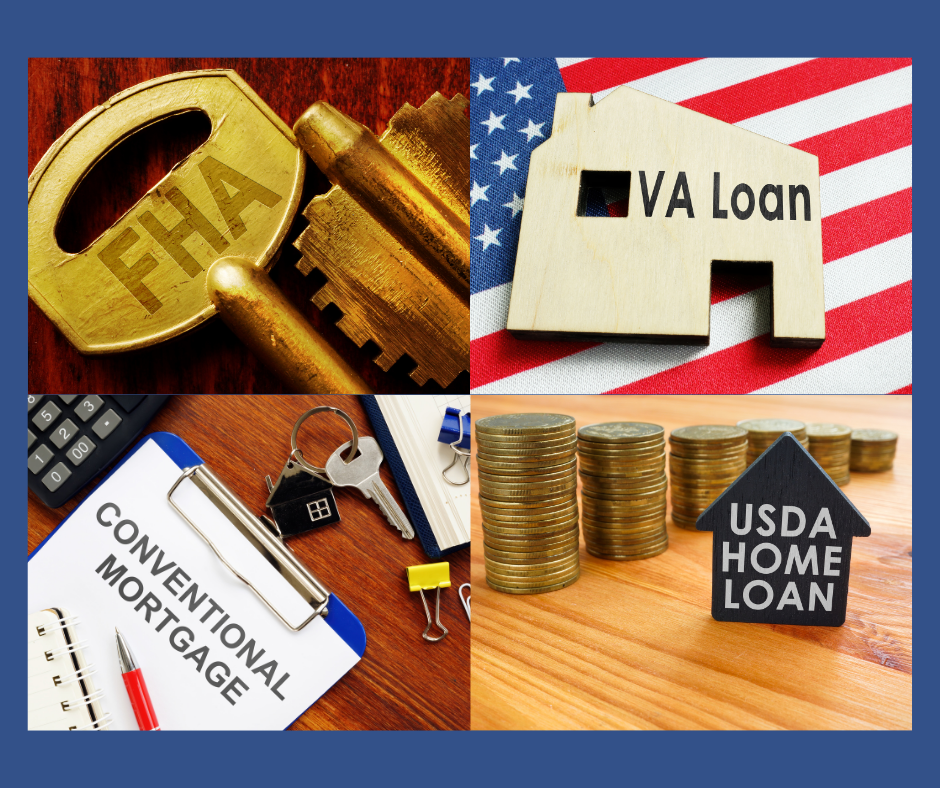Mortgage loan limits are increasing in 2023 – here’s what to know if you’re taking out a home loan
Original Source: cnbc.com
Borrowers can look forward to higher limits for conforming conventional loans and FHA loans in 2023.
In spite of skyrocketing mortgage rates, average home prices are still increasing by double digits year over year. To help potential homebuyers caught between this crunch of high home prices and mortgage rates, two federal entities—the Federal Housing Finance Agency (FHFA) and the Federal Housing Administration (FHA)—will raise conforming loan limits and FHA loan limits for 2023.
Taken together, conforming conventional loans and FHA loans accounted for 85% loans issued for primary residences in 2021, according to the Consumer Financial Protection Bureau’s (CFPB) mortgage market trends report. Increasing their limits should help give more buyers access to an important tool for overcoming historically high home prices.
How will these changes impact your home-buying experience?
If your budget for buying a home was near the 2022 limits for FHA or conforming loans, you may be able to take out a larger loan without resorting to a jumbo loan (which is usually more expensive and harder to be approved for). That said, the yearly adjustment in loan limits isn’t likely to be the biggest factor in whether you can afford a house. Your local real estate market, personal finances, and the current mortgage rates will all have a larger effect on whether you can close a deal on a home.
What’s a conforming loan? What’s a conventional loan? Why does it matter?
Financing a home purchase is complicated enough without getting lost in the jargon. Here’s a cheat sheet to help you keep track of the terms.
- A conforming loan is a loan that is structured according to guidelines set by the government-sponsored entities Freddie Mac and Fannie Mae, as well as the FHFA.
- A conventional loan is any loan issued by a private, non-government entity, such as a bank. Not every conventional loan is a conforming loan.
- Conforming loans tend to charge lower interest rates to lenders than non-conforming loans.
Conforming loan limits for 2023
The conforming loan limit for your area determines the boundary between when a conforming conventional loan turns into a jumbo loan, which requires a larger down payment and typically has a higher interest rate.
Conforming loan limits also establish which loans can be purchased by Fannie Mae or Freddie Mac on the secondary mortgage market. Because lenders can more easily sell conforming loans, they tend to make these loans more affordable for borrowers (compared with jumbo loans).
Conforming loan limits are based on the average home price of an area and change each year to reflect the current home values. Homebuyers shopping for a single family home in designated low-cost areas (the vast majority of the country) will be able to qualify for a conventional loan of up to $726,200 in 2023, a $79,000 jump over the 2022 conforming loan limit.
Conforming conventional loans are available for properties with one to four units.
FHA loan limits for 2023
The FHA loan limit for low-cost areas is set at 65% of the conforming loan limit and is higher in areas where homes are more expensive. To account for the higher cost of construction in places like Hawaii or Alaska, FHA loans issued in those areas have their own special limits. Because the FHA loan limit is tied to the conforming loan limit, the FHA will back mortgages for single family homes in low-cost areas up to $472,030 in 2023. That’s an increase of $51,350 over 2022.
What’s the difference between conventional and FHA loans?
Aside from the varying loan limits, there are significant differences between FHA loans and conventional loans.
FHA loans are issued by private mortgage lenders, but are guaranteed by the government. This government backing classifies FHA loans as non-conventional, but it also makes the loans less risky for banks. As a result, it’s usually easier for borrowers to qualify for an FHA loan than for a conventional or conforming loan. If you have issues with your credit, you’ll typically find it much easier to obtain an FHA loan.
Conventional loans fall into two categories: Conforming and non-conforming loans. Loans that that don’t meet the FHFA’s standards are considered non-conforming conventional loans, and include jumbo loans and other niche products.
Conforming conventional loans are not backed by the government, but they meet the standards set by the FHFA and can be sold by your lender to Fannie Mae or Freddie Mac. Conventional loans have fewer restrictions, but can be harder to qualify for.
Many of these guidelines for conventional and FHA loans are the minimum standards the government sets for these types of mortgages. Most lenders have additional standards beyond what the government mandates. For example, many mortgage lenders will require you to have a higher credit score than compared to government minimums (and you’ll need an even higher score if you want the best interest rate).
How to choose the right loan type for you
The best mortgage for you depends on your personal financial situation, the type of property, and other factors, such as where the home is located.
First, see what you can qualify for. Mortgage lenders will preapprove you for a loan based on your income, credit score, assets, and other considerations. If you’re eligible for both an FHA loan and a conventional loan, then you’ll want to compare the mortgage rate and fees for each loan type.
FHA loans require an upfront mortgage insurance payment of 1.75%, in addition to a monthly mortgage insurance premium. Paying an extra 1.75% may not sound like a lot, but for a $200,000 loan that’s $3,500. You also can’t waive the monthly insurance premium with an FHA loan (in most situations) without refinancing into a conventional loan. With a conventional loan, the private mortgage insurance is waived once you have a loan-to-value of 80% (i.e. 20% equity in the property).
In a hot real estate market where sellers receive multiple offers, it may be challenging to get an offer accepted with a FHA loan. Conventional loans are generally more appealing to sellers because they are looked at as being easier to deal with. This is partly because FHA loans have a stricter appraisal and inspection process compared to conventional loans.
One advantage of FHA loans is that they’re easier to qualify for, especially if you have a lower credit score. For borrowers with average credit, you’re likely to find the mortgage rate and monthly insurance premiums are more reasonable with an FHA loan.
There are also nuances to your local market that may impact which type of loan is right for you. It’s a good idea to have a conversation with your mortgage lender and real estate agent to determine what type of mortgage is the best fit for your home buying or refinancing goals.
Subscribe to our blog and stay up to date about changes in the market that effect buyers. Or contact us to learn more about mortgage processing services.













